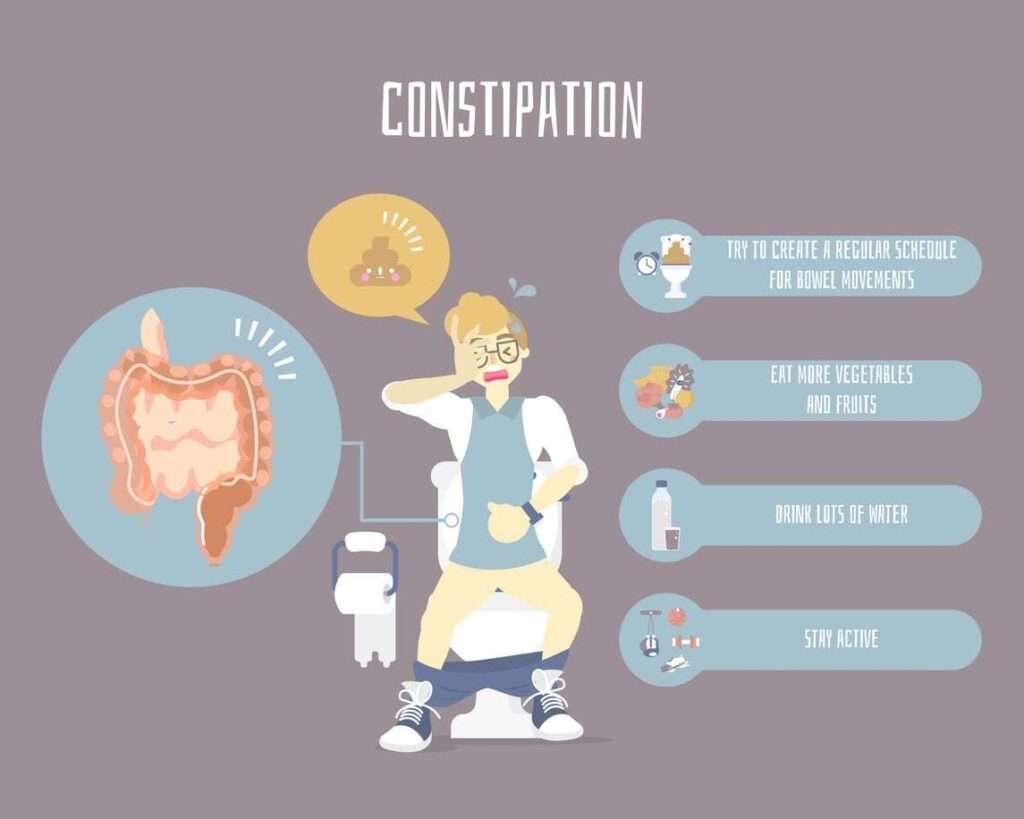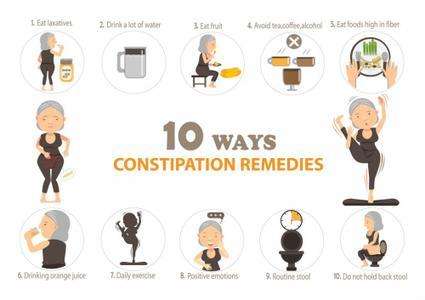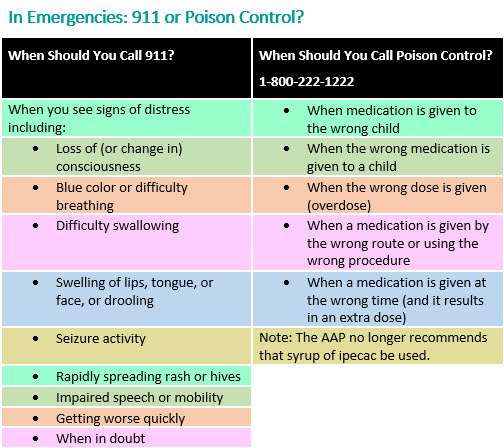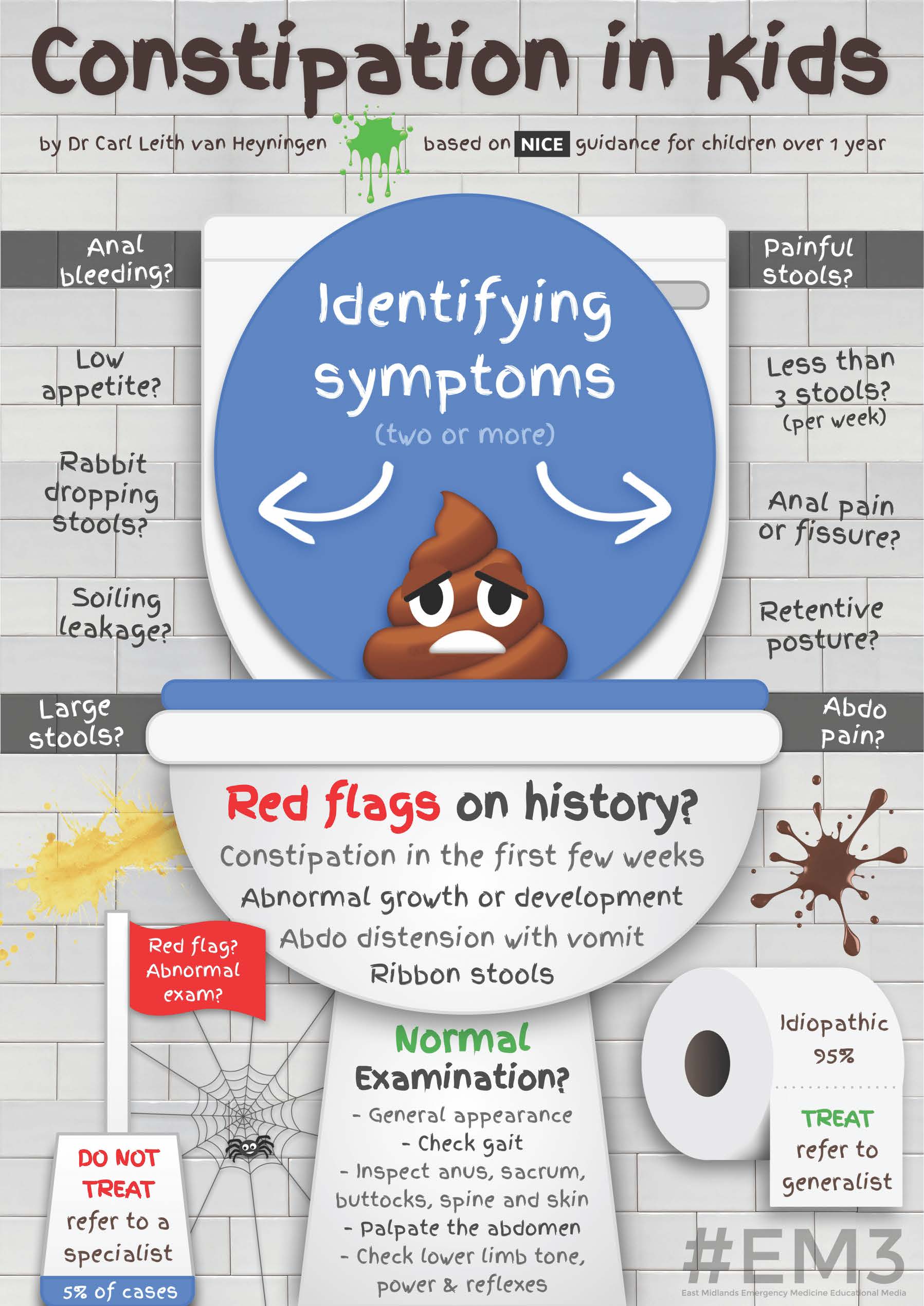Introduction
Frequently, constipation pain (where it is felt in the back) is a digestive problem that affects a lot of individuals globally. Constipation commonly causes discomfort in the abdomen, but it can also cause severe back pain. Comprehending the correlation between constipation and back pain might facilitate more efficient management of the underlying problems.
Table of Contents
Constipation and Its Symptoms: constipation pain

When bowel motions become difficult or infrequent, constipation sets in. Hard, dry stools, straining during bowel motions, and a sense of incomplete evacuation are the main symptoms. However, pain outside of the abdomen might also result from constipation.
How Constipation Causes Back Pain
Back discomfort can result from constipation in a few different ways. Stool accumulation in the intestines can put a strain on the surrounding muscles and nerves. This pressure and constipation pain may cause discomfort by radiating to the lower back. Furthermore, straining during bowel movements causes constipation pain, which can cause muscular tension and spasms, which exacerbate back pain.
Location of Constipation Pain in the Back
Back discomfort can result from constipation in a few different ways. Stool accumulation in the constipation-pain intestines can put a strain on the surrounding muscles and nerves. This pressure may cause discomfort by radiating to the lower back. Furthermore, straining during bowel motions can cause muscular tension and spasms, which exacerbate back discomfort.
Other Contributing Factors
Back discomfort associated with constipation might make constipation pain worse for many reasons. Constipation and back discomfort can both be caused by bad posture, inactivity, and dehydration. Furthermore, some drugs, such as antacids and opioids, might slow down bowel movements, which raises the possibility of constipation and the ensuing back discomfort.
Handling Back Pain Associated with Constipation

Constipation-related back pain can be managed and relieved using a variety of techniques. Among them are:
- Dietary Adjustments: Increasing fiber consumption for constipation pain can aid with regular bowel movements and the softening of stools. Whole grains, legumes, fruits, and vegetables are among the foods high in dietary fiber.
- Hydration: Keeping your bowel movements regular requires drinking lots of water. Increased straining and firmer stools and constipation pain are two symptoms of dehydration.
- Exercise: Getting regular exercise promotes intestinal contractions, which ease the passage of feces. Even simple physical activities like stretching or walking might be helpful.
- Medication: Over-the-counter laxatives may offer temporary relief. They ought to be used carefully and under a doctor’s supervision, though.
Appropriate Posture: Lower back discomfort can be minimized by maintaining proper posture. Regular breaks from sitting, constipation pain, and ergonomic seats can help reduce pain.
Preventive Measures for Constipation and Back Pain
Preventing constipation and its associated back pain requires adopting a healthy lifestyle. Here are some preventive measures:

- Balanced Diet: A diet rich in fiber, fruits, vegetables, and whole grains helps maintain regular bowel movements. Avoiding processed foods, which are often low in fiber, can also prevent constipation.
- Adequate Hydration: Drinking enough water daily helps soften stools and promotes easier bowel movements. Aim for at least eight glasses of water a day.
- Regular Exercise: Engaging in regular physical activity keeps the digestive system active. Exercises like walking, swimming, and yoga are particularly beneficial.
- Mindful Eating Habits: Eating smaller, more frequent meals instead of large meals can improve digestion. Chewing food thoroughly and eating slowly also aid in better digestion and prevent constipation.
- Avoiding Caffeine and Alcohol: Both caffeine and alcohol can lead to dehydration, which can worsen constipation. Limiting the intake of these beverages can help maintain proper hydration levels.
Lifestyle Adjustments for Long-Term Relief
Long-term relief from constipation and related back pain involves making sustainable lifestyle changes:
- Stress Management: Stress can impact digestive health. Practices like meditation, deep breathing exercises, and mindfulness can reduce stress and improve overall well-being.
- Scheduled Bathroom Time: Establishing a regular bathroom routine can train the body to have more predictable bowel movements. This can reduce the likelihood of constipation.
- Avoiding Overuse of Laxatives: While laxatives can provide temporary relief, overuse can lead to dependency and worsen constipation over time. Use them only when necessary and under medical advice.
Understanding the Impact of Medications

Some medications can contribute to constipation. Being aware of these can help in managing and preventing constipation-related back pain.
- Prescription Medications: Opioids, certain antidepressants, and antacids can slow down bowel movements. Discussing alternatives or solutions with a healthcare provider is important if these medications are necessary.
- Over-the-counter medications: Some over-the-counter medications, like those containing calcium or aluminum, can also cause constipation. Reading labels and choosing alternatives when possible can help maintain regular bowel function.
The Importance of Medical Consultation
Persistent constipation and back pain should not be ignored. Consulting with a healthcare provider can help identify any underlying issues and provide appropriate treatment. Diagnostic tests may be necessary to rule out serious conditions like gastrointestinal blockages or other medical problems.
Conclusion
Constipation-related back pain can be a debilitating condition, but with the right strategies and lifestyle changes, it is possible to manage and prevent this discomfort. Understanding the causes, adopting a fiber-rich diet, staying hydrated, exercising regularly, and seeking medical advice when needed can all contribute to better digestive health and relief from back pain. Prioritizing these steps can lead to a healthier, more comfortable life.
